The information was shared by Mr. Luke Treloar, Executive Member, Director of Strategic Consulting for Healthcare and Life Sciences, KPMG Vietnam Company at the seminar "Future value of the high-quality generic drug market", organized by the People's Representative Newspaper on the morning of November 5.
High-quality generic drugs can reduce treatment costs by up to 40%
The report “Future value of generic drug market in Vietnam” published by KPMG Vietnam Company shows that Vietnam is entering a period of rapid population aging, when the proportion of elderly people is expected to increase by 3.6% by 2034, leading to a sharp increase in demand for health care and drug use.
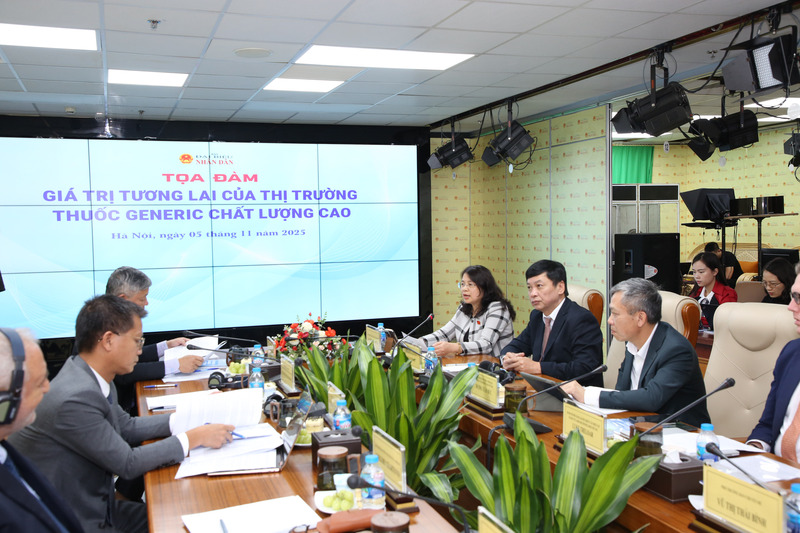
Overview of the discussion. Photo: Duy Thong
According to Mr. Luke Treloar, Executive Member, Director of Healthcare and Life Sciences Strategy Consulting (KPMG Vietnam), Vietnam has achieved universal health insurance coverage and built a strong healthcare system, but in the context of an aging population, the healthcare budget has to spend more and more. In this context, developing high-quality generic drugs has become a strategic solution.
Mr. Treloar emphasized: “Generic drugs help reduce costs, maintain affordability for people, and at the same time support the development of a more sustainable and inclusive health system.” Experience from 12 European countries in the period 2005 - 2014 shows that generic drugs help save 49 - 69% of treatment costs per day, while expanding access to health services.
KPMG's report noted that the Vietnamese pharmaceutical market increased from 4 billion USD in 2019 to an expected 9.2 billion USD in 2029, in which generic drugs play a leading role, increasing from 55.2% market share in 2019 to 62.4% in 2029, with a compound growth rate ( CAGR) in the period 2019 - 2024 reaching 11%. In contrast, branded drugs increased more slowly, only 7%, reaching 1.4 billion USD in 2029.
Notably, the Vietnamese generic drug market is also considered one of the most dynamic markets in Asia. In the period 2019 - 2024, the average growth rate is 9.1%, ranking third in the region, after China (12.8%) and Singapore (9.3%).
This growth is forecast to increase to 9.7% between 2024 and 2029, making Vietnam the fastest growing generic drug market in Southeast Asia. However, per capita spending on generic drugs remains modest at only 35.9 USD in 2024, showing that there is still a lot of room for growth, especially as incomes and healthcare needs increase.
Vietnam is moving from low to middle income, with per capita income increasing by 5.9% per year, expected to increase to 8.9% per year in the next 5 years. The expansion of the middle class and improvements in living standards mean people have better access to pharmaceutical products and health services. The national strategy for pharmaceutical development aims to turn Vietnam into an ASEAN pharmaceutical hub by 2030, focusing on improving production capacity and the quality of domestic and export drugs.
According to KPMG, Vietnam's generic drug market is forecast to reach 13.1 billion USD by 2039. If reform policies on regulations, investment and incentives are effectively implemented, the industry can grow 15-20%/year, with a market size of 29-55 billion USD, making Vietnam the leading pharmaceutical center in Southeast Asia.
In terms of economic contribution, if the current growth rate is maintained, the generic drug industry will contribute 4.4 billion USD to GDP in 2039; with 15% growth per year, the figure will reach 9.4 billion USD; if it increases by 20% per year, the GDP contribution can reach 20.1 billion USD. In total, the generic drug industry can contribute 66.5 billion USD to the national GDP, including 20.1 billion USD in direct value from production, distribution and sales; 24.2 billion USD in indirect contribution through the supply chain; and 22.2 billion USD from the spillover effect of consumer spending.
“These figures show that, with appropriate policies, generic drugs are not only a cost-effective medical solution, but also a key economic sector, enhancing competitiveness and pushing Vietnam closer to its goal of becoming a regional pharmaceutical hub,” according to KPMG experts.
Drug quality is non-compromising.
Despite its strong growth potential, the Vietnamese pharmaceutical industry still has to overcome many barriers to realize the goal of producing high-quality generic drugs, from production capacity, administrative procedures to market efficiency.
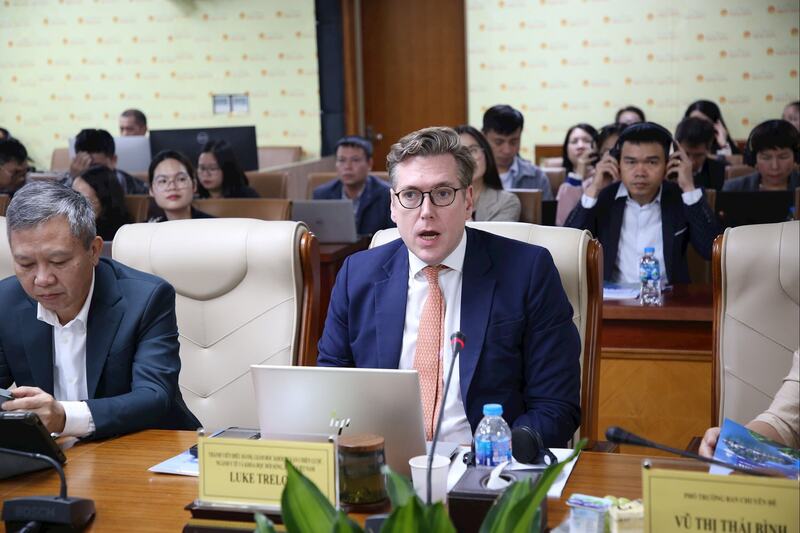
Mr. Luke Treloar, Executive Member, Director of Healthcare and Life Sciences Strategy Consulting, KPMG Vietnam, speaking. Photo: Duy Thong
According to KPMG, Vietnam currently has 288 pharmaceutical manufacturing facilities, but only 20 meet EU-GMP standards, including 12 domestic facilities and 8 foreign-invested facilities. This figure clearly reflects the gap in technology, management and investment compared to countries with developed pharmaceutical industries.
The high cost of meeting EU-GMP standards is the biggest challenge, requiring infrastructure upgrades, technology investment and maintaining international certification. Most small and medium-sized domestic enterprises have difficulty accessing preferential capital, slowing down the process of international production expansion, limiting competitiveness and pharmaceutical autonomy.
However, legal barriers are also significant. Currently, the drug registration process lasts 24-36 months, double or triple that of many ASEAN countries, making it difficult for generic drugs to reach the market on time, increasing production costs and reducing people's access to cheap drugs. Current drug pricing policies make it easier for patients to access, but low profit margins limit businesses from reinvesting, innovating technology and expanding production.
Mr. Gregory Charitonos, Chairman of the European Medicines Subcommittee (EuroCham), emphasized that in Europe, maintaining high and consistent standards is a key factor in building a sustainable and globally competitive pharmaceutical industry. “With the ambition to become a regional pharmaceutical export hub, Vietnam should consider EU-GMP compliance not as a barrier, but as a minimum and necessary foundation for the development of the industry,” he said.
Sharing the same view, Mr. Attila Molnar, Vice President and Treasurer of the European Medicines Subcommittee (EuroCham), said that not all generic drugs are the same in terms of safety, efficacy and reliability in production. EU-GMP standards ensure that drugs are produced in a strictly controlled environment, with stable processes and transparent data, thereby maintaining patient confidence and the reputation of pharmaceutical management. If products that do not meet these high standards are still considered equivalent, it will undermine patient confidence, lead to inconsistent treatment results and affect the reputation of health management.
EuroCham experts suggested that Vietnam apply a fast-track review mechanism, mutual recognition for drugs licensed in the EU or the US, simplify technical documentation, tax and investment incentives, and implement training and technology transfer programs. These reforms not only reduce administrative burdens, attract domestic and foreign capital, but also improve competitiveness, promote pharmaceutical autonomy and help Vietnam move closer to the goal of building a modern pharmaceutical industry, deeply integrating with the international market.
At the seminar, National Assembly delegates said that drug quality is non-negotiable. The consistent spirit of the 2024 Pharmacy Law and the National Strategy for the Development of the Vietnamese Pharmaceutical Industry to 2030, with a vision to 2045, is to proactively provide quality, safe, and effective drugs at reasonable prices, best serving people's health and socio-economic development.
To achieve this goal, in addition to focusing on developing innovative drugs or specialized product lines, Vietnam needs to expand preferential policies for high-quality generic drugs. At the same time, ministries and branches need to review and simplify drug inspection and approval procedures, ensure transparency, shorten evaluation time while still complying with international standards.
Experts believe that a synchronous and transparent legal framework will be the foundation for developing a high-quality generic drug market. Thereby, promoting new growth for the pharmaceutical industry, while expanding access to safe, effective and affordable drugs for people.
Source: https://congthuong.vn/viet-nam-se-dan-dau-tang-truong-thi-truong-thuoc-generic-dong-nam-a-429061.html






![[Photo] Opening of the 14th Conference of the 13th Party Central Committee](https://vphoto.vietnam.vn/thumb/1200x675/vietnam/resource/IMAGE/2025/11/05/1762310995216_a5-bnd-5742-5255-jpg.webp)



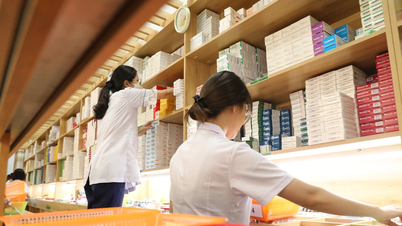

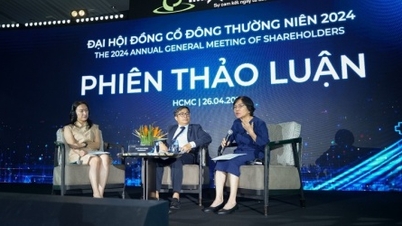





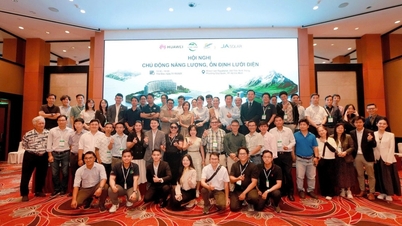


















![[Photo] Panorama of the Patriotic Emulation Congress of Nhan Dan Newspaper for the period 2025-2030](https://vphoto.vietnam.vn/thumb/1200x675/vietnam/resource/IMAGE/2025/11/04/1762252775462_ndo_br_dhthiduayeuncbaond-6125-jpg.webp)



































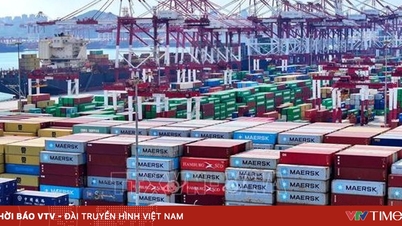

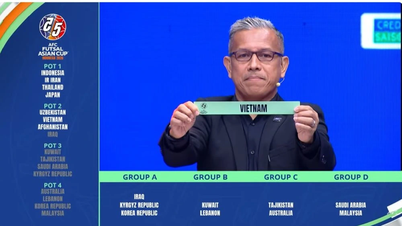





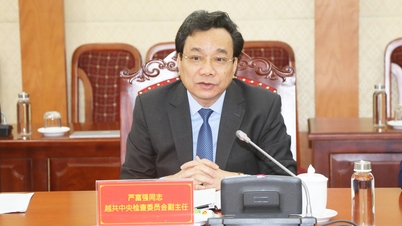

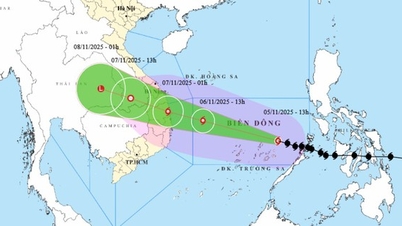





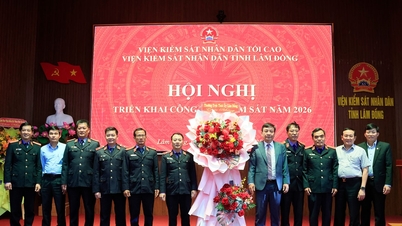

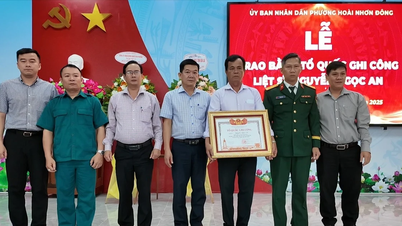

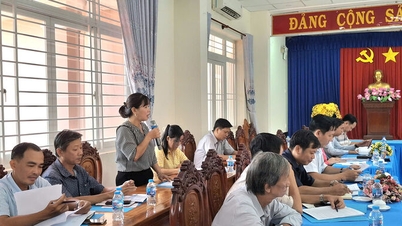


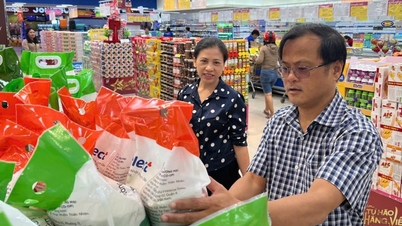












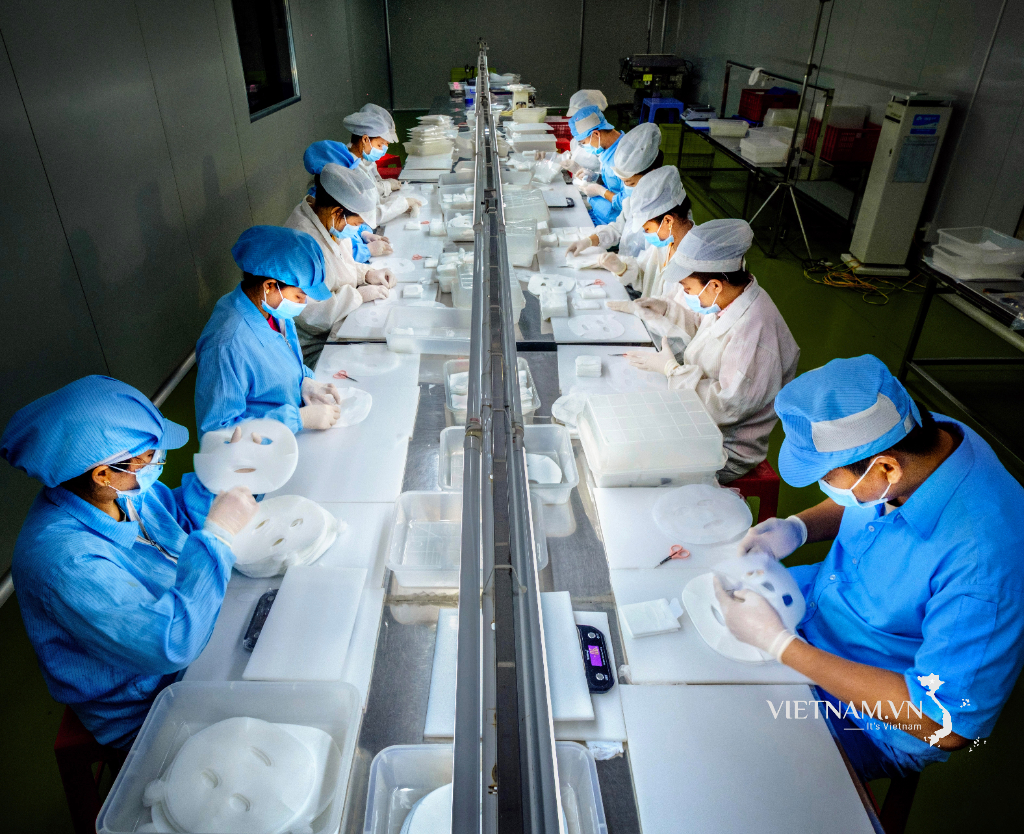



Comment (0)